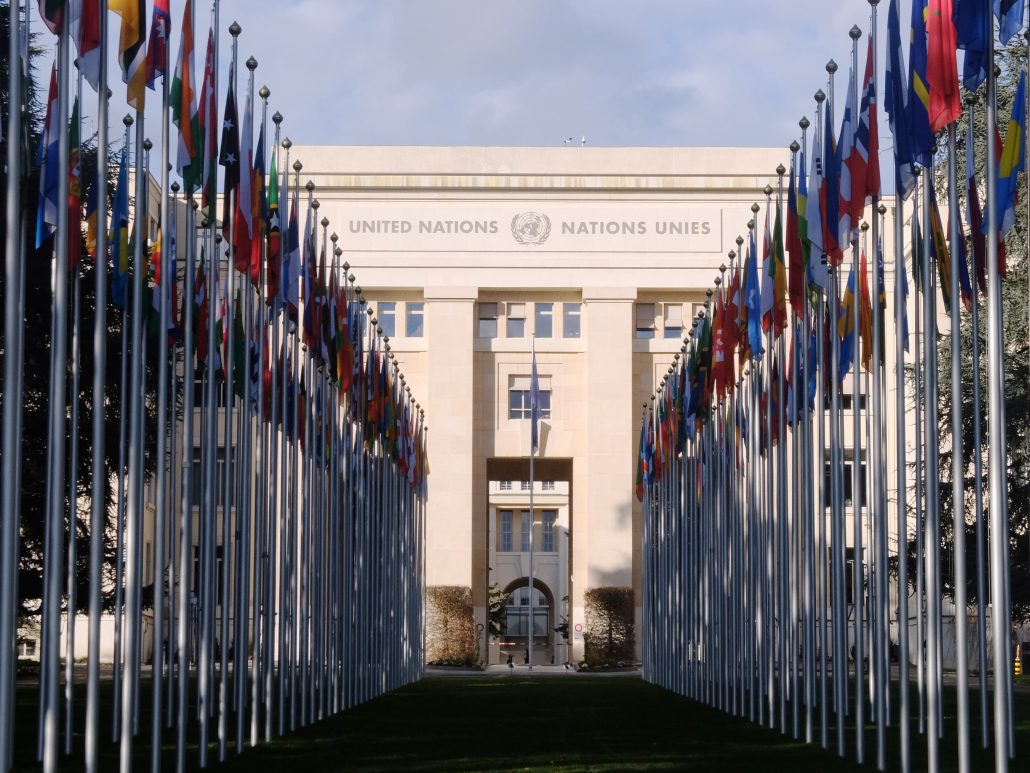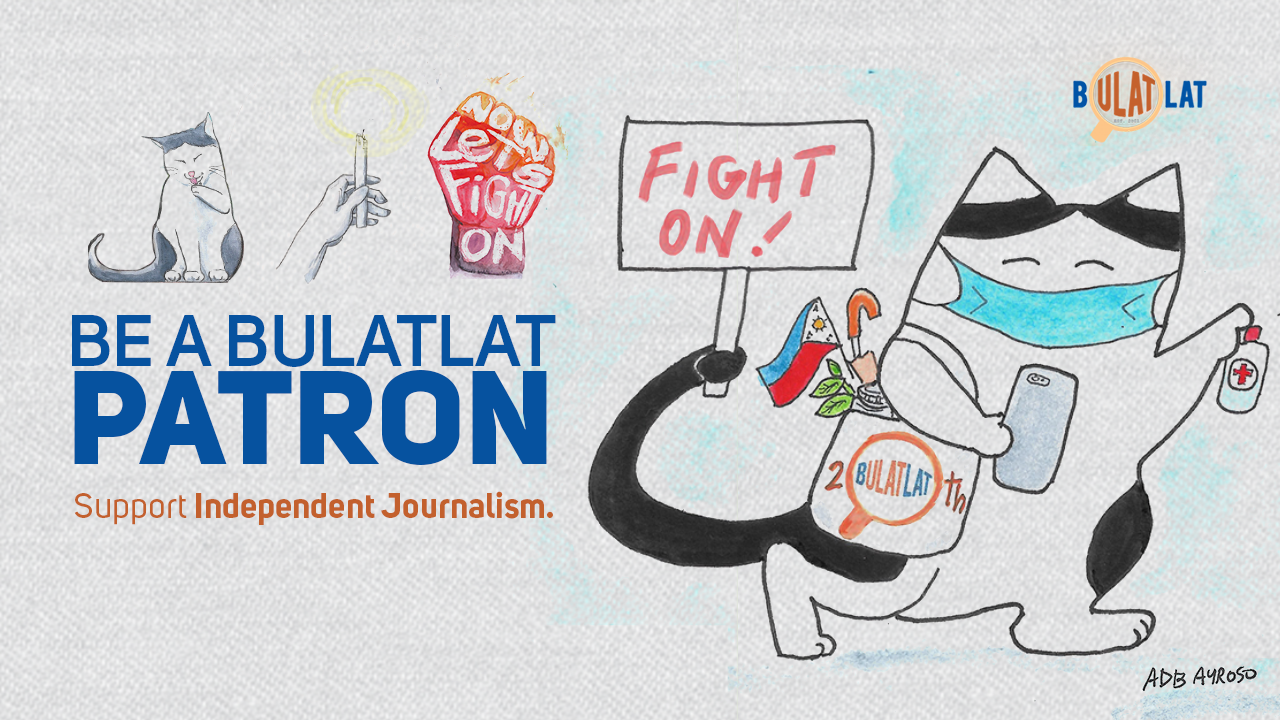
By ANNE MARXZE D. UMIL
Bulatlat.com
MANILA – Human rights violations in the Philippines continue under the new administration. This is the assertion of abduction survivor Dyan April Gumanao who spoke at the side event of the ongoing 52nd Regular Session of the United Nations Human Rights Council at the Palais des Nations, Geneva Switzerland, March 23.
Gumanao and her partner, Armand Dayoha were abducted by men who introduced themselves as police in Cebu City port last January. They surfaced five days later after they were left by their abductors in a private resort.
Both of them are union organizers. Gumanao is an organizer and coordinator for the Alliance of Concerned Teachers in Region 7 while Dayoha is an organizer of the Alliance of Health Workers also in the same region.
Read: A second chance to live
“Even though we have a new administration, it’s just superficial. The system and the domestic mechanisms remain the same – still detrimental to the rights of the unionists and union organizers,” Gumanao said.
She said that in the education sector alone, her organization, the Alliance of Concerned Teachers (ACT) has documented 38 cases of illegal profiling of teachers in 16 regions, 37 cases of red-tagging or terrorist tagging, six cases of trumped-up charges and 63 cases of union interference.
Gumanao is part of the delegation of the Philippine Universal Periodic Review Watch (UPR Watch) participating in the regular session of the UNHRC’s adoptions of the recommendations made during the fourth UPR on the Philippines last November.
Read: What is Universal Periodic Review and why citizens must participate in it
Read: Civil society organizations reiterate call for UN rights body to conduct independent probe in PH
Read: UN Human Rights Committee urges Philippine government to stop red-tagging
In this 52nd session of the regular session of the UNHRC, the Philippine government is expected to accept 215 out of the 289 recommendations by the UN member states.
The Philippine government has rejected proposals to rejoin the International Criminal Court, putting a stop to red-tagging, and repeal laws that are “weaponized” such as the Anti-Terrorism Act, which, according to advocates, is used against human rights defenders, among others.
Meanwhile, National Union of Peoples’ Lawyers National President Edre Olalia asserted that domestic mechanisms in the Philippines are not working for the relatives and victims of drug-related killings.
“Domestic remedies remain ineffective and inefficient because the government is unwilling and unable to conduct genuine investigations,” Olalia said.
Olalia cited the low conviction of perpetrators of those killed in the drug war.
“We have to emphasize that those who are convicted are low level police officers. This is not even directed to the primary person who are most responsible and that is President Duterte and his top generals,” he said.
Mervin Sol Toquero, NCCP’s program secretary for Faith, Witness and Service, on the other hand, urged the UNHRC to call on the Philippine government to enact the proposed bill seeking to protect human rights defenders and the repeal of repressive laws such as the ATA.
Toquero said church people are not spared from being charged in violation of the ATA. He cited the case of United Methodist Church minister Glofie Baluntong who had been “falsely accused” of attempted murder as well as charged under the Anti-Terrorism Act.
Read: Clergywoman slapped with trumped-up charges for standing with the indigenous peoples
A staff of the National Churches of Christ in the Philippines, Peti Enriquez who is also an environmental defender, has also been charged for alleged violations of the international humanitarian law.
Toquero urged the UNHRC to call on the Philippine government to resume the peace negotiations with the National Democratic Front of the Philippines to address the root causes of the armed conflict.
Meanwhile, Karapatan Secretary General Cristina Palabay said there are 17 cases of extrajudicial killings in line with the government’s anti-insurgency program. There are also 227 documented drug-related killings under Marcos Jr.
“Of course it’s not thousands but one killing is too many,” she said.
The groups maintained their previous call to the UNHRC to establish an independent investigating body to monitor the human rights violations in the Philippines.
Palabay said that in almost three years of the implementation of the UN Joint Program, there were no “accountability benchmarks or tools.”
The UN joint program is the result of the UNHRC’s resolution in October 2020 mandating technical cooperation and capacity-building for the promotion and protection of human rights in the Philippines.
“The joint program may not be the most responsive mechanism for the delivery of justice and accountability. While there are unofficial visit of the UN Special Rapporteur on Extrajudicial Killings which is okay in light with the training on Minnesota protocol, the need for a time bound indicator for justice and accountability remains absent,” she said.
Olalia meanwhile urged the UNHRC to “study and seriously consider the possibility of creating an independent commission to inquire into this (drug-related) killings as a parallel to those that are already existing.” (RTS, RVO) ![]()




